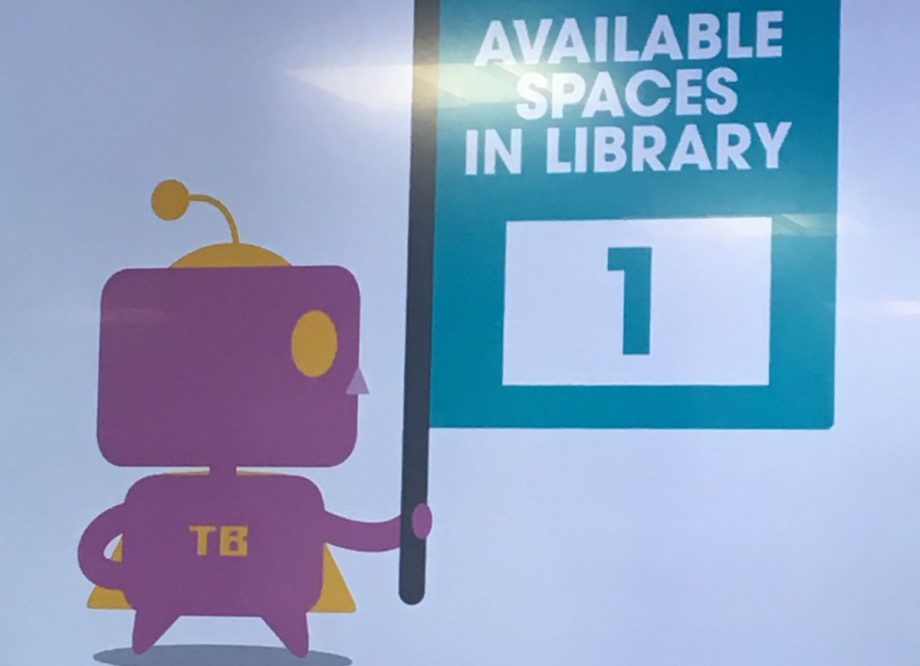As a special Valentine’s treat, Colan, Stratos and myself organised a session for our colleagues in Information Services on AI and chatbots – aiming to draw together and share info about the various activities we have going on in this space. We did some intro stuff, then had lightning talks from colleagues summarising their projects, and then a live demo of why Alexa is actually a little bit rubbish and annoying (Alexa was pretty rude throughout tbh – talking over people every time her name was mentioned).
The thing I enjoyed most about the event was seeing that all our projects are being approached with a healthily dose of scepticism and are critically engaged. Colan had ethics front and centre in the intro, and all of the presentations emphasised the need to resist the hype, learn from others, manage scope and consider the human factors. Things we talked about (in no particular order):
- How the promise of efficiency in practice isn’t there at the start. Bots need to be programmed and managed by people. They are IT services that require staffing.
- That AI-powered conversational interfaces are at one level just another kind of interface, and we still need to think about standards, structured content, and accessibility.
- Whether voice controlled interfaces could increase accessibility, and conversely whether they are changing language and decreasing accessibility (mimicking a white american accent to get Alexa to understand you).
- Using algorithms and chatbots to create connections in large groups – the potential of using tech to foster more human to human interaction. We also talked about the dangers of echo chambers and the importance of diversity in our communities.
- The reality of APIs and integration – it’s not possible to run chatbots in a number of our environments as the connections don’t exist.
- The need to improve our web content more generally – to have single answers to common questions; to avoid using so many acronyms.
My big takeaway was that we need to be feeding this into our digital skills offerings. Doing these kinds of small scale innovation projects is building our capacity and knowledge, opening up critical conversations about the nature of AI and algorithms, and injecting a useful dose of reality about the state of the tech. Much like the DIY Film School course builds some basic understanding around filming and making video in a fun way, we need a “Build a Bot” (thanks Melissa!) workshop. Our Teacherbot platform isn’t there yet, but I think it could be. So that’s now on my hit-list.
Now @ColanM gives us a history of AI to set the scene… @UoEIS #bots #AI pic.twitter.com/GgX0TYgUSb
— Anne-Marie Scott (@ammienoot) February 14, 2018
What do we make of AI in @UoEIS ? A summary from this mornings event. Thanks to everyone who came along and participated. pic.twitter.com/OgbZnGOXxR
— Anne-Marie Scott (@ammienoot) February 14, 2018
Fun experiment this morning, Alexa didn’t win! @mylesblaney_uoe ? pic.twitter.com/YYlxncWJ4y
— Brendan Owers (@brendanowers) February 14, 2018
